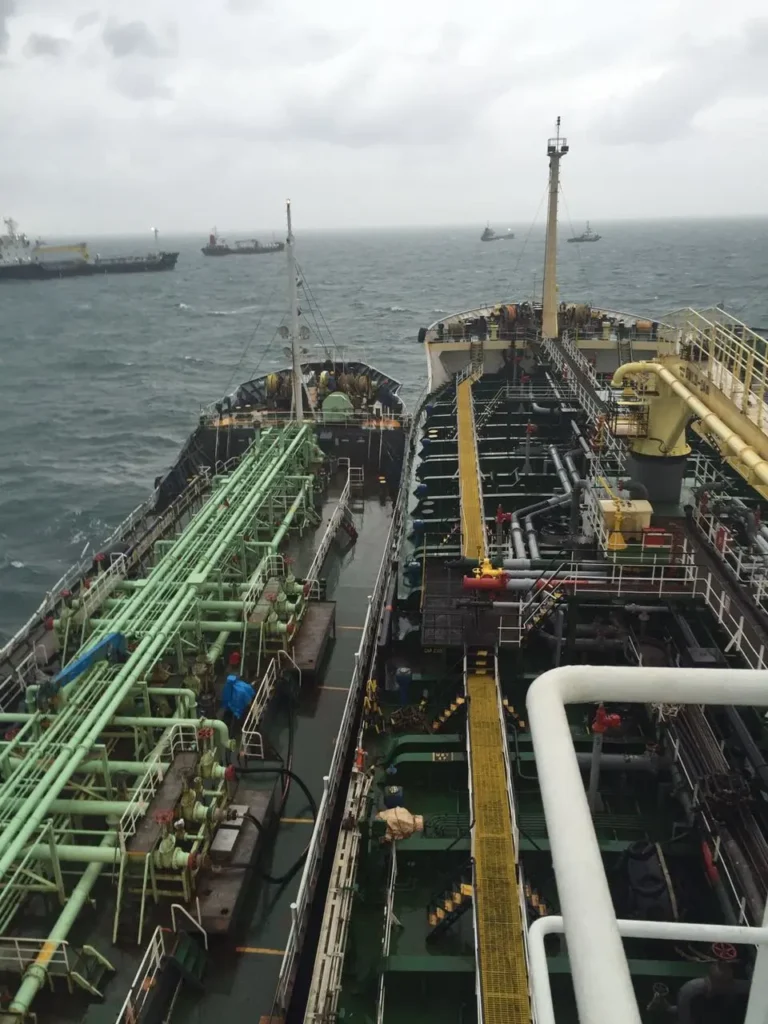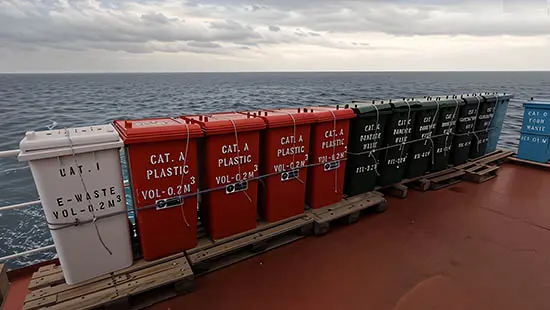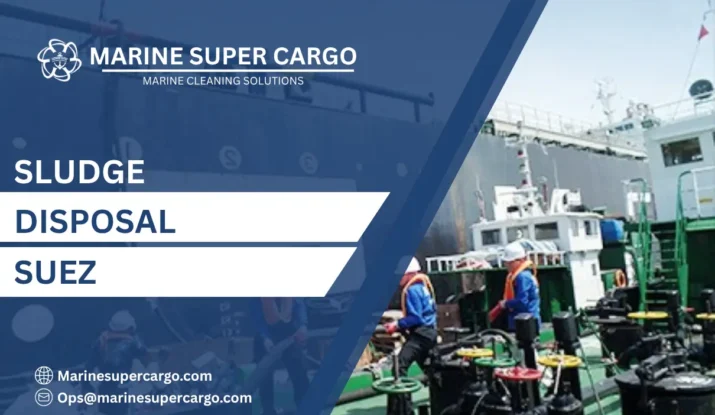Professional Sludge Disposal Suez Solutions for Maritime Vessels
Vessels transiting through the Suez Canal require reliable sludge disposal Suez services to maintain compliance with international maritime regulations. Marine Super Cargo provides comprehensive waste management solutions through approved reception facilities that meet stringent environmental standards.
The strategic location of Suez makes it a critical junction for global shipping traffic. During transit or while at anchor, vessels generate oily residues and sludge that require proper disposal. Sludge disposal Suez facilities play a vital role in ensuring vessels remain compliant with MARPOL Annex I regulations governing oil pollution prevention.
Understanding MARPOL Requirements for Sludge Management
The International Maritime Organization (IMO) established MARPOL conventions to prevent marine pollution from ships. Annex I specifically addresses oil pollution, requiring vessels to discharge oily waste only at approved reception facilities.
Sludge disposal Suez operations must adhere to these regulations. Every vessel calling at port or transiting the canal generates sludge from fuel purification, lubrication systems, and tank cleaning operations. Marine Super Cargo ensures all disposal procedures align with IMO guidelines.
Proper documentation is crucial. Upon discharge, vessels receive a Certificate of Discharge confirming the quantity and type of waste delivered. This documentation proves essential during port state control inspections and demonstrates environmental responsibility.
Approved Reception Facilities in Suez
Sludge disposal Suez services operate through licensed facilities authorized by Egyptian maritime authorities. These facilities feature specialized equipment to handle various waste streams including oily sludge, bilge water, and contaminated wash water.
Marine Super Cargo partners with certified reception facilities equipped with modern processing plants. The infrastructure includes storage tanks, separation units, and treatment systems designed to handle large volumes efficiently.
Facilities maintain strict quality standards. Regular audits ensure compliance with both national regulations and international conventions. The approval process involves rigorous inspection of equipment, procedures, and environmental safeguards.



Tank Cleaning and Sludge Removal Operations
Comprehensive tank cleaning services generate significant quantities of sludge requiring proper disposal. Whether performing crude oil washing, chemical tank cleaning, or routine maintenance, accumulated residues must be removed safely.
Sludge disposal Suez becomes particularly important during cargo changeovers. Vessels switching between different petroleum products or chemicals need thorough cleaning to prevent contamination. The process involves washing all surfaces from forward bulkheads to aft sections, port to starboard.
Marine Super Cargo coordinates complete tank cleaning operations alongside disposal services. Our teams understand the complexities of preparing cargo spaces, from initial gas freeing to final inspection. All waste generated flows directly to approved reception facilities.
Benefits of Professional Sludge Disposal Services
Choosing professional sludge disposal Suez providers offers multiple advantages. First, it ensures regulatory compliance, protecting vessel operators from potential fines or detention. Second, proper waste management supports environmental protection efforts in sensitive marine areas.
Time efficiency matters significantly during canal transit. Coordinated services minimize delays by scheduling disposal operations during planned stops. Marine Super Cargo streamlines the entire process, handling documentation and facility coordination.
Cost management improves through professional services. Transparent pricing eliminates surprises, and efficient operations reduce time-related expenses. Vessels maintain their schedules while fulfilling environmental obligations.
Related services often include bilge water treatment and tank ventilation procedures that complement sludge disposal operations.
Selecting the Right Sludge Disposal Provider
When evaluating sludge disposal Suez providers, consider several critical factors. Verify facility approvals and certifications from relevant authorities. Check capacity to handle your vessel’s waste volume and type.
Response time proves essential. Emergency situations or schedule changes require flexible service providers capable of rapid mobilization. Marine Super Cargo maintains 24/7 availability for vessels requiring immediate assistance.
Comprehensive service packages offer better value. Providers offering integrated solutions—combining tank cleaning, waste disposal, and inspection services—simplify operations management and reduce coordination requirements.
Environmental Stewardship Through Proper Disposal
Sludge disposal Suez services contribute significantly to marine environment protection. The Suez Canal connects two critical marine ecosystems, making responsible waste management particularly important.
Approved facilities treat discharged sludge through approved processes, preventing harmful substances from entering marine environments. Treatment may include separation, filtration, and proper disposal of residual materials according to environmental regulations.
Marine Super Cargo prioritizes environmental responsibility across all operations. Our commitment extends beyond mere compliance to proactive protection of maritime resources for future generations.
Frequently Asked Questions
Q1: What types of sludge can be disposed of at Suez facilities?
Approved facilities accept oily sludge from fuel purifiers, bilge residues, tank cleaning residues, and other MARPOL Annex I wastes generated aboard vessels.
Q2: How long does the sludge disposal process take?
The duration depends on waste quantity but typically ranges from 2-6 hours, including documentation and discharge operations.
Q3: Are disposal certificates provided immediately?
Yes, official Certificates of Discharge are issued upon completion, documenting waste type, quantity, and facility details for compliance records.
Q4: Can disposal be arranged during canal transit?
Services can be coordinated during planned stops or anchorage periods, minimizing impact on transit schedules through advance booking.
Q5: What documentation is required for sludge disposal?
Vessels must provide Oil Record Book entries, waste quantities, and vessel particulars. All documentation is handled by Marine Super Cargo for streamlined processing.


